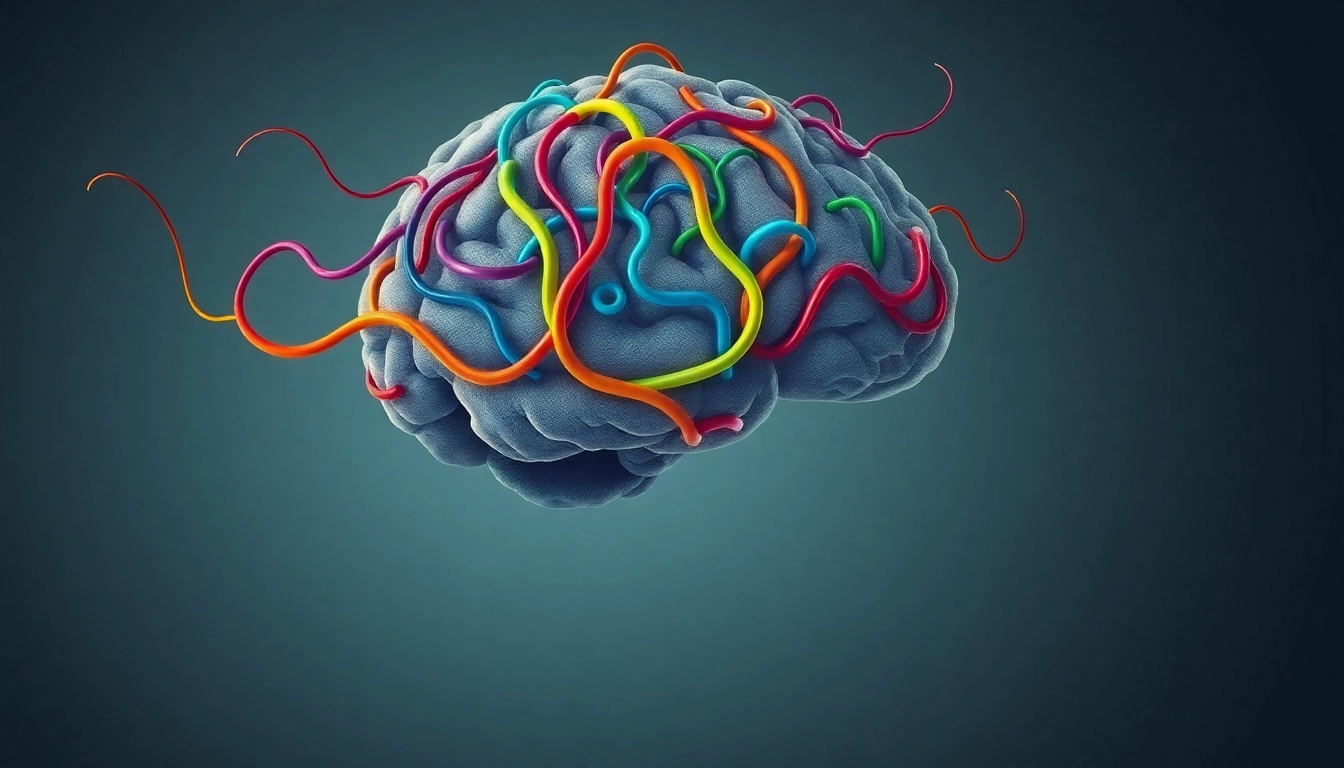ADHD Talking Too Much: Embracing My Journey with Words

ADHD Talking Too Much has been a constant part of my journey. As a child, I didn’t think of it as “talking too much,” but rather as sharing every thought racing through my mind. My ADHD and talkativeness often went hand in hand, as my words tried to keep up with my quick-moving thoughts. I could discuss my favorite subjects for hours, often diving into details others didn’t care about. Over time, I noticed the blank stares or subtle signs that others didn’t share my enthusiasm.
Looking back, I realize that my ADHD and talkativeness made me interrupt conversations and speak impulsively, often without considering the impact. While I now understand why people found it overwhelming, controlling it in the moment felt nearly impossible. Speaking up before my ideas got lost in the constant flow of thoughts was a way to keep up with my ADHD brain. Alongside this, I’ve learned that ADHD forgetfulness can compound these struggles, making communication even more challenging read more on ADHD forgetfulness tips.
In this journey, learning to balance my communication has been one of the biggest challenges, but I’ve found ways to embrace it and connect with others.
Understanding ADHD and Talkativeness

For a long time, I struggled with the feeling that my talkativeness was a flaw. I’d hear comments like, “Why can’t you just listen like everyone else?” and they stung. But as I began to understand my ADHD more, I realized that the connection between ADHD and talking too much was a natural part of how my brain worked. My thoughts moved at such a rapid pace that expressing them verbally became my way of keeping up.
It was difficult to understand at first, but over time, I came to realize that my mind didn’t process information in a straight line. Instead, it was a winding journey with detours and sudden twists. Talking wasn’t just something I did; it was a necessity to keep my ideas flowing and to prevent them from getting lost. Emotional and verbal regulation is also closely tied to this explore how ADHD and emotional regulation connect.
Embracing ADHD Talking Too Much as a Strength
As I got older, I began to see that ADHD talking too much wasn’t always a bad thing. In fact, it became a strength, especially when I found myself in conversations about subjects I was passionate about. When I connected with others who shared my interests—whether it was ADHD, mental health, or personal development—my talkativeness felt like a gift rather than a burden.
Talking allowed me to dive deep into topics that mattered, and I found that my words could inspire and connect. I became more confident in sharing my thoughts and stories, especially when I realized how much they resonated with people who were on similar journeys. I’ve even found great tools to help manage ADHD through various apps like these top ADHD apps for kids.
Building a Supportive ADHD Community
One of the most transformative parts of my journey has been finding a community that embraces my ADHD and talkativeness. In the Bonding Health community, I’ve found a space where I can speak freely and be understood. This community has allowed me to share my experiences with ADHD and talkativeness with others who understand what it’s like.
The Community Circles we have in Bonding Health have been a great source of support. Not only do I get to share my journey, but I also learn from others, striking a balance between talking and listening—a balance that has been difficult to achieve on my own. Dr. Lara, with her expertise, adds a professional layer to the discussions, creating a rich environment where personal experience meets clinical insight. If you’re looking to deepen your connections through communication, check out these ADHD conversation tips.
The Ongoing Challenge of Balancing Talkativeness
Even with all these positive realizations, there are still moments when my talkativeness gets the best of me. I occasionally interrupt people mid-sentence, or I find myself dominating conversations without realizing it. It can be a bit awkward when I notice someone losing interest, but I’ve learned to be more mindful of those cues.
Balancing ADHD talking too much with listening is something I continue to work on. I’ll likely never be the quietest person in the room, but I no longer see my talkativeness as a flaw. Instead, I try to focus on how my words can uplift, inspire, and connect with others.
How ADHD Parents Can Support Their Talkative Child
If you’re raising a child who struggles with ADHD and talking too much, know that their voice is important. Encourage them to embrace their talkative nature while helping them learn how to balance it with patience and listening. By guiding them to express themselves constructively, you’ll help them find their voice and use it to build meaningful connections. Support is also available through ADHD-specific groups like Parent Support Circles.
As a parent, helping your child understand their talkativeness can be crucial to their self-esteem. Rather than seeing it as a problem, help them recognize it as a part of who they are, and they’ll grow into their own unique communication style.
Finding My Place with Words

Talking too much will always be part of who I am, but I’ve learned to see it as a strength rather than a weakness. ADHD talking too much has allowed me to connect with others in ways I never thought possible. While I still face moments of self-consciousness when I catch myself interrupting or going off on a tangent, I understand that my words can also bring comfort and inspiration.
If you or someone you love struggles with ADHD and talkativeness, remember that you’re not alone. Through communities like Bonding Health, we can find ways to embrace our differences and use them to connect, grow, and thrive. For more on how my journey has shaped me, you can read about my Personal Transformation in another post.
If you or someone you love struggles with ADHD and talkativeness, join the Bonding Health community. Here, you’ll find support from experts like Dr. Lara and from parents who understand the unique challenges ADHD presents. Together, we can embrace our differences and build meaningful connections.


